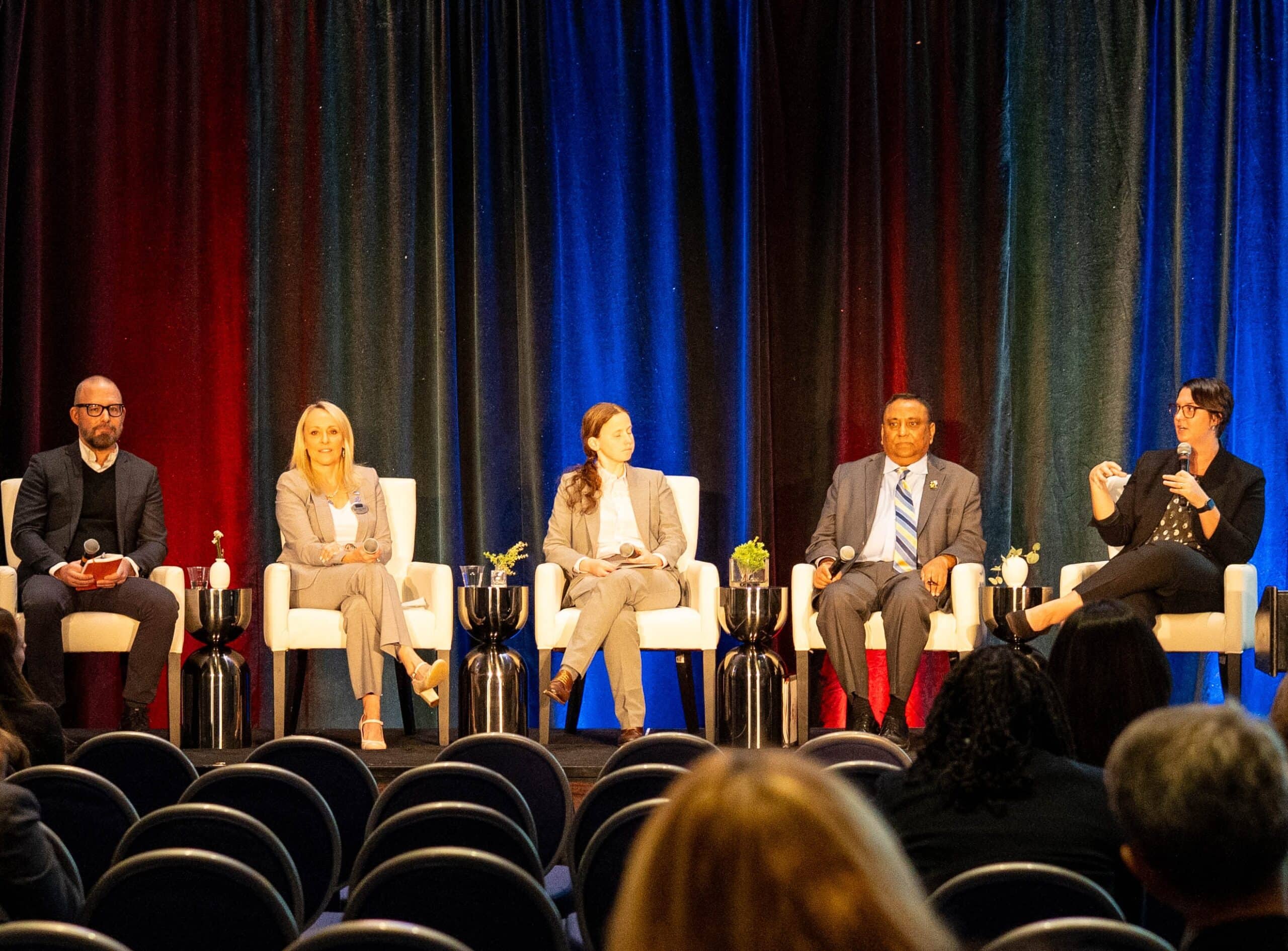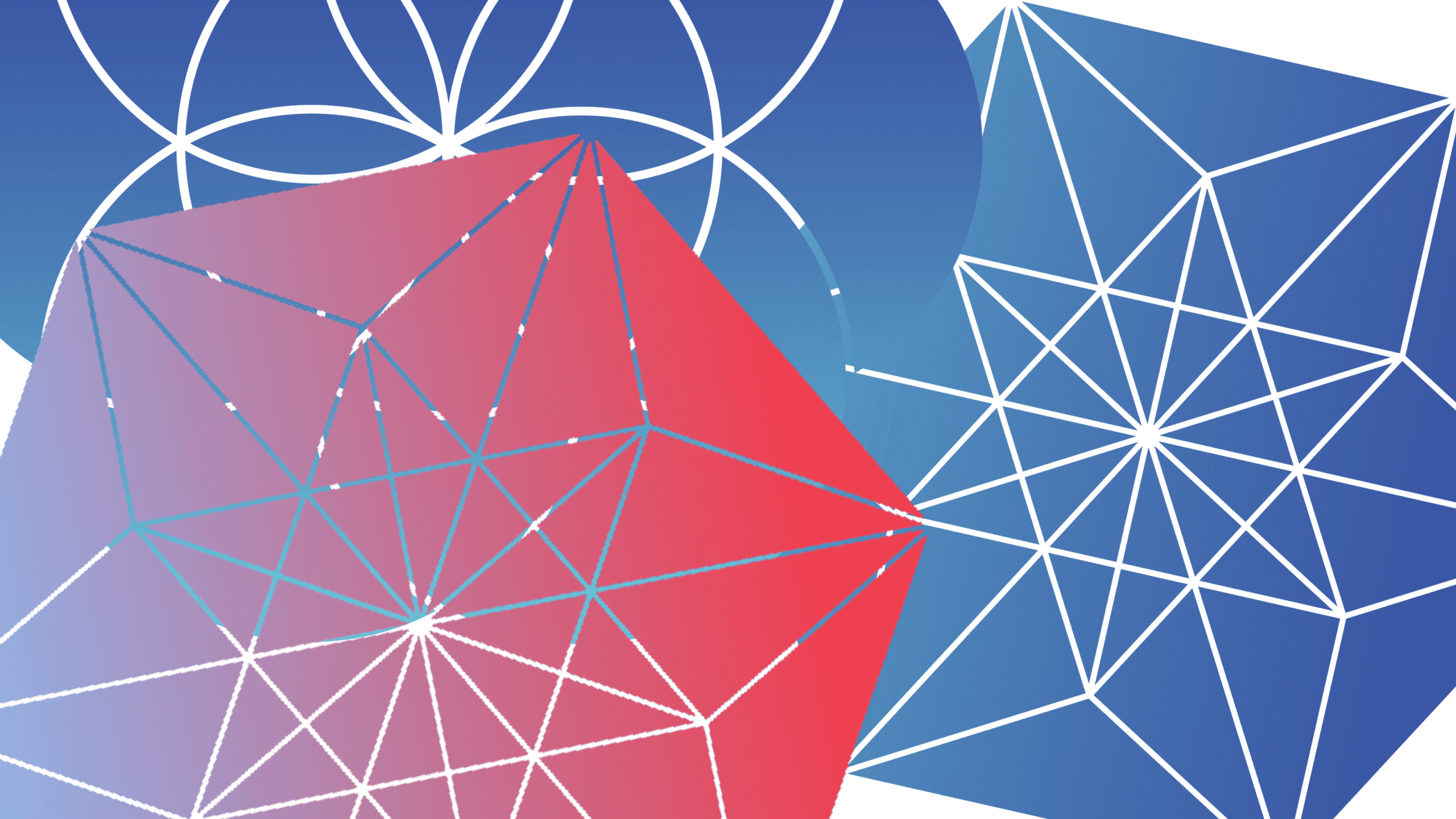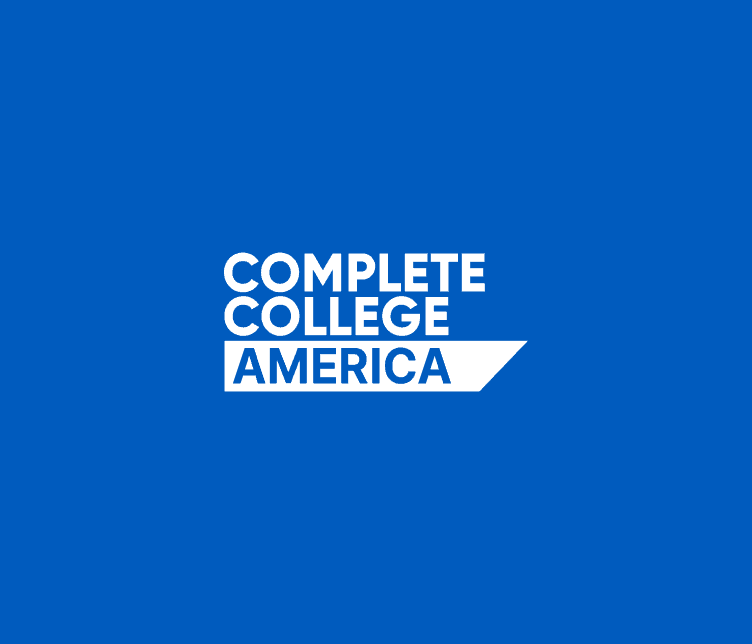Public comments submitted by CCA on the Department of Education’s Notice of Proposed Priority and Definitions – Secretary’s Supplemental Priority and Definitions on Advancing Artificial Intelligence in Education:
We recognize the transformative potential of artificial intelligence (AI) in enhancing educational outcomes and are committed to supporting the Department’s goals. We support the administration’s efforts to expand AI literacy, integrate AI into teaching practices, and provide professional development for educators, which will foster a future-ready education system.
CCA is a national nonprofit dedicated to increasing college completion rates through evidence-based reforms that drive student success and creating economic opportunities through postsecondary education. CCA brings a distinct perspective on how AI can advance educational outcomes and student success at scale through our work with our Alliance, which comprises 53 members, including 44 states and territories.
Recognizing AI’s transformative potential early, CCA has positioned itself at the forefront of responsible AI adoption in higher education. In 2024, we launched our Council on AI, bringing together practitioners, researchers, and leaders from a wide spectrum of institutions to develop tools and resources to inform and support AI implementation. In January 2025, CCA selected five institutions to participate in the CCA AI Readiness Initiative, one of the first efforts to prepare community college students with AI skills and hands-on experience. These institutions, which include Atlanta Metropolitan State College, City Colleges of Chicago, City University of New York, Cuyahoga Community College, and Pikes Peak State College, are partnering with CCA and our technology partner, Riipen, to integrate AI competencies into their academic programs – pushing them to the forefront of developing and piloting best practices for AI integration in courses and pathways in higher education.
We strongly support the administration’s commitment to a comprehensive national strategy for AI in education, and endorse the Department’s efforts in its proposed priorities to:
- Expand offerings of AI and computer science courses as part of an institution of higher education’s general education and/or core curriculum;
- Promote AI literacy and workforce readiness;
- Provide professional development on AI integration; and
- Use AI technology to provide high-quality instructional resources, high-impact tutoring, college and career pathway exploration, advising, and navigation to improve educational outcomes.
CCA believes these efforts must be implemented that allows students, faculty, staff, and administrators the vast access and benefits that AI offers. We know that it is essential for all institutions, but particularly under-resourced institutions that may lack the staff capacity of their better-resourced peers. The above-mentioned objectives from the Department align well with CCA’s AI framework, found in Generating College Completion: Charting a Path to Institutional AI Adoption for Student Success in Higher Education. The report identifies six benefits for institutions if they responsibly adopt AI and expand student support. These include:
- Personalized learning – customizing instruction to individual needs and learning styles;
- Comprehensive support – leveraging AI to deliver 24/7 academic, student service, and professional development tools;
- Early intervention – using predictive analytics to identify and assist struggling students;
- Streamlined administrative processes promoting efficiencies in the classroom and freeing up institutional resources for student engagement;
- Enhanced accessibility – supporting students with disabilities via AI-enabled tools; and
- Workforce readiness – building student competency with real-world AI tools
Our report provides practical scenarios to illustrate how institutions are building AI capacity and developing key competencies for institutions that align with the Department’s goals. We highlight examples that demonstrate the benefits of different approaches across a range of institutional types, including: Arizona State University, Morehouse College, Northern Essex Community College, and Charter Oak State College.
The data show that to harness AI’s potential for improving student outcomes, all colleges and universities must have the infrastructure and support so their campus community members develop strong AI literacy and appropriately adopt AI tools. To advance the administration’s goal of “support[ing] efforts that expand student understanding of AI and its real-world applications,” the Department needs to ensure existing disparities in higher education are not compounded by the rise and use of AI. To prevent a widening digital divide, it is essential to address funding disparities that impact community colleges, Minority-Serving Institutions, and other under-resourced institutions, ensuring access to AI-driven educational advancements.
By emphasizing the adoption and innovation of AI across higher education, we can foster learning environments that are more effective, responsive to workforce demands, and equipped for the future. This focus will help support increasing student success and completion rates and ensure graduates are well-prepared for the demands of an AI-driven world.
CCA applauds the administration’s focus on prioritizing AI to improve student outcomes and develop an AI-ready workforce.



